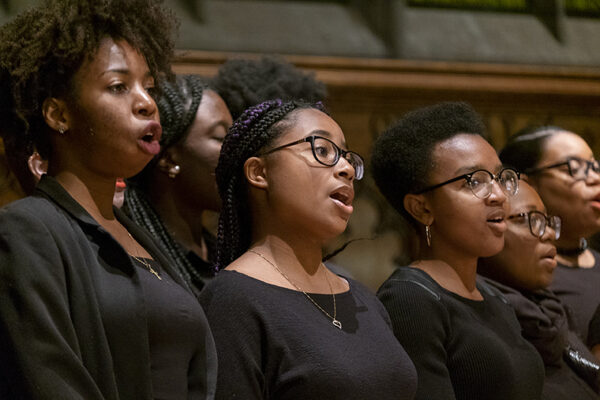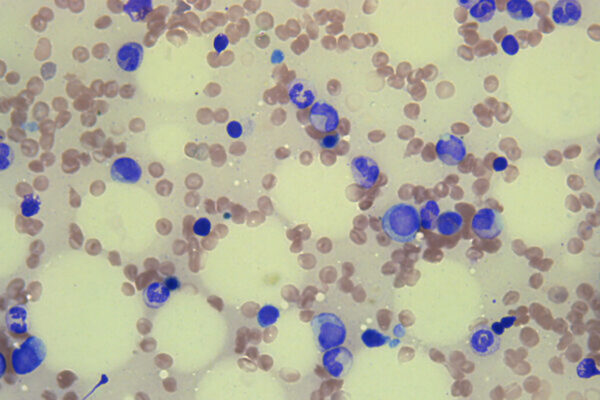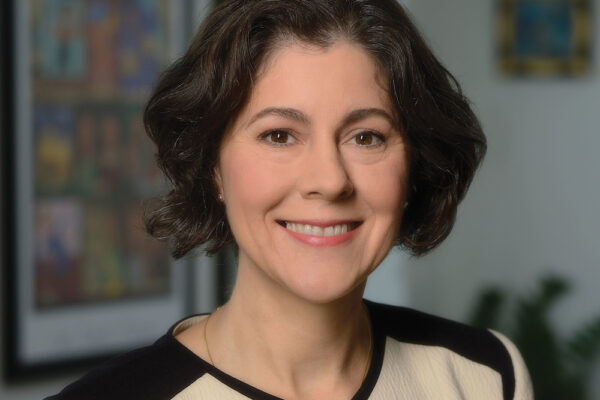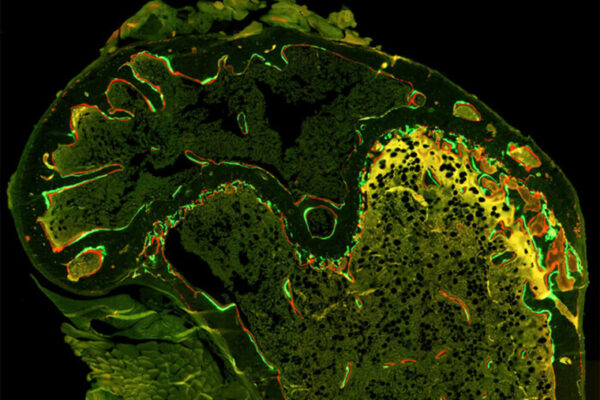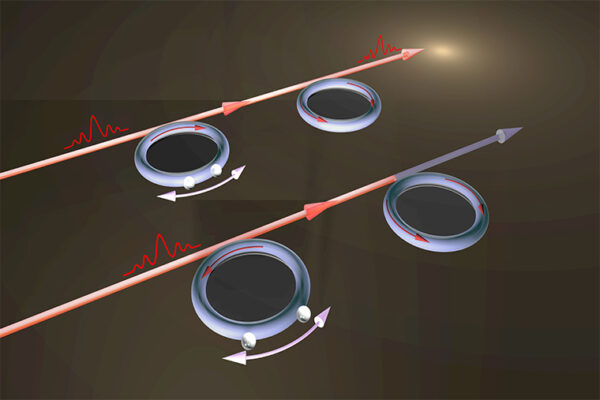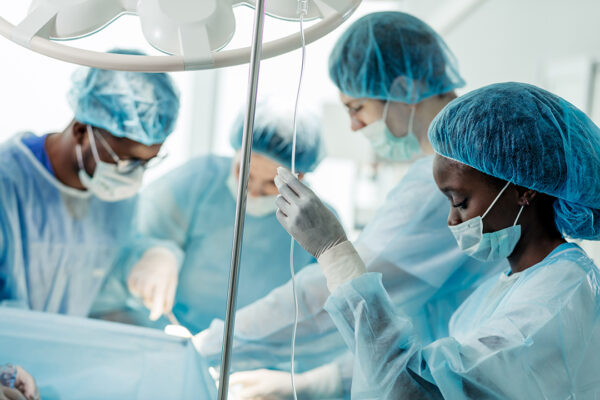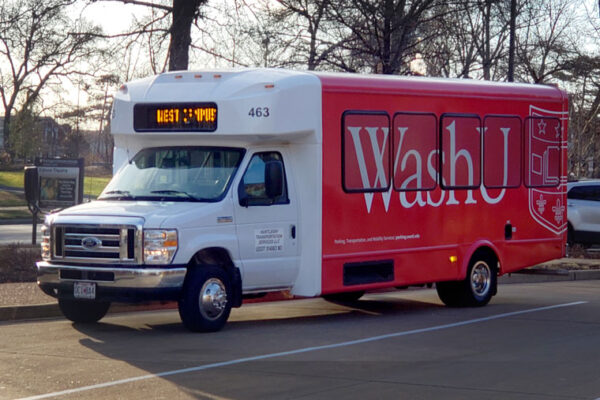University to honor King’s dream Monday
Chancellor Andrew D. Martin will deliver the keynote address at Washington University in St. Louis’ Martin Luther King Jr. Commemoration at 7 p.m. Monday, Jan. 20, in Graham Chapel.
Mutations in donors’ stem cells may cause problems for cancer patients
A new study from the School of Medicine suggests that bone marrow — or blood stem cells — from healthy donors can harbor extremely rare mutations that can cause health problems for the cancer patients who receive them. Such stem cell transplants are important for treating blood cancers, including acute myeloid leukemia.
Leaders use shortcut to assess who trusts them
A new study that included a pair of researchers from Washington University in St. Louis’ Olin Business School, Kurt Dirks and Andrew Knight, explored what underlies an accurate sense of trust in a business organization.
Law and policy spring lecture series begins Jan. 17
The spring session of the Public Interest Law & Policy Speakers Series kicks off at 3 p.m. Friday, Jan. 17, in Anheuser-Busch Hall, with a chat with constitutional experts Erwin Chemerinsky, dean of the School of Law at University of California, Berkeley, and Lyrissa Lidsky, dean of the University of Missouri School of Law, discussing the future of free speech.
Wendland appointed Washington University provost
Beverly Wendland, the James B. Knapp Dean of the Krieger School of Arts & Sciences at Johns Hopkins University, has been appointed provost of Washington University in St. Louis, effective July 1, according to Chancellor Andrew D. Martin.
Parking & Transportation Services shares news, changes for spring semester
As the spring semester kicked off, Parking & Transportation Services at Washington University in St. Louis announced changes in the east end garage, WashU Rides and a revamped campus shuttle system.
Investigational drugs block bone loss in mice receiving chemotherapy
Exposure to chemotherapy and radiation during cancer treatment leads to bone loss and increases the risk of osteoporosis and fractures. A new School of Medicine study identifies the trigger for this bone loss and suggests ways to prevent it.
Tuning optical resonators gives researchers control over transparency
Using a nanoparticle as a “tuning device,” researchers at the McKelvey School of Engineering have devised a way to control electromagnetically induced transparency — a feature of light which allows it to pass through opaque media.
Black workers’ status in a company informs perceptions of workplace racial discrimination
Based on 60 in-depth interviews with black medical doctors, nurses and technicians in the health care industry, a new study from Washington University in St. Louis finds that wherever black workers are positioned in an organization — top, middle or bottom — informs and shapes their impressions about workplace racial discrimination.
Improvements to off-campus safety, security going into effect
A number of updates to safety and security programs at Washington University will go into effect during the spring semester. The improvements are based on recommendations from the Public Safety Working Group that was convened last fall by Chancellor Andrew D. Martin following a spike in crime in neighborhoods near the Danforth Campus.
View More Stories
